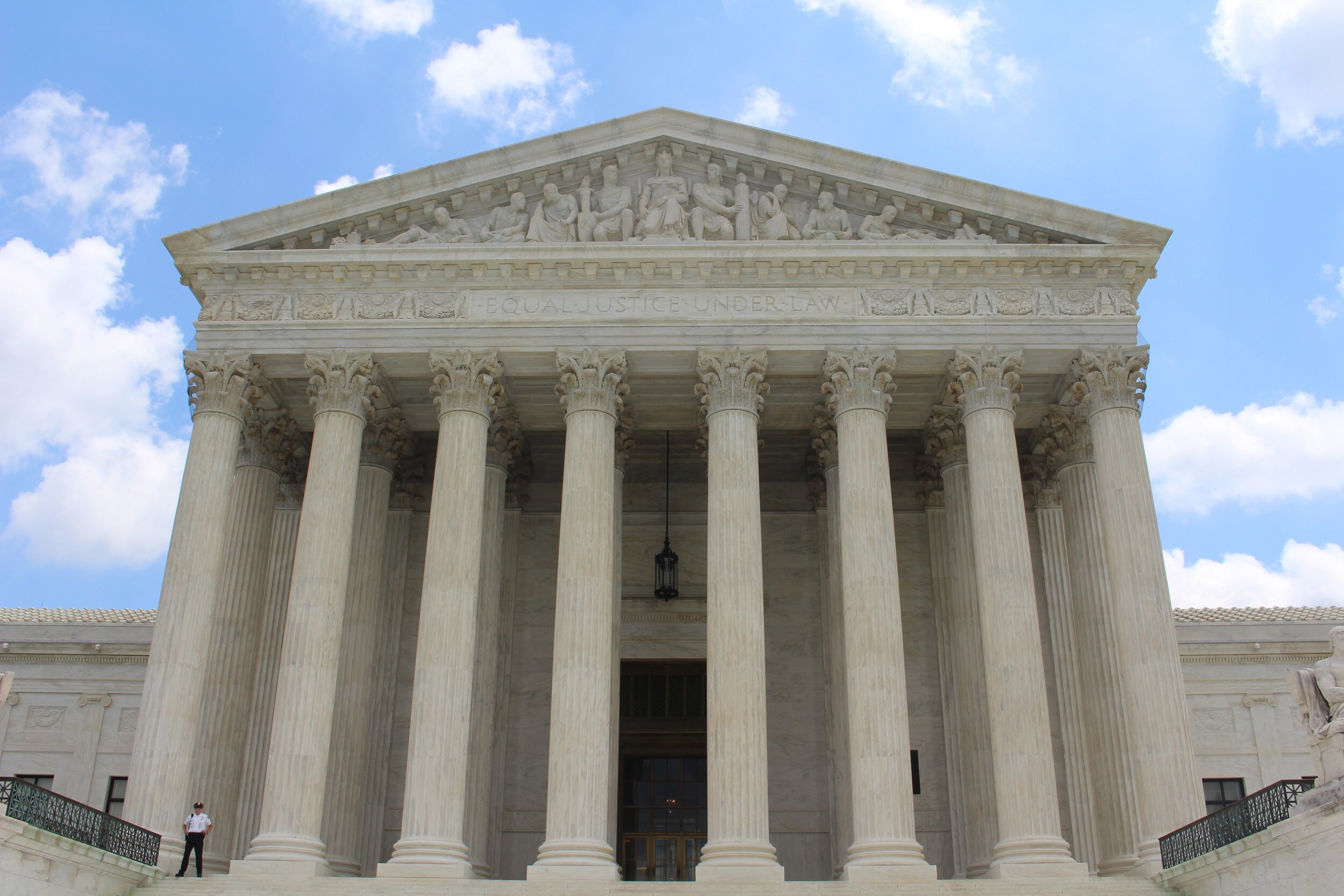Do private equity funds engage in a trade or business? If so, and if those trades and businesses are part of a controlled group as defined in ERISA, they could be liable for unfunded pension liabilities of their portfolio companies.
These issues have been litigated in four separate decisions by federal courts in the First Circuit. The courts were ruling on a multiemployer plan’s attempt to collect withdrawal liability from two Sun Capital Partners funds. The funds had invested in a bankrupt portfolio company called Scott Brass. After the most recent decision found that the funds were not liable, the multiemployer plan asked for Supreme Court review. That review has now been denied, which leaves Sun Capital Partners the victor in this particular dispute. But what does it mean for other private equity funds?
Do funds operate a trade or business?
Private equity funds have long taken the position that they do not operate trades or businesses because they are passive investors in their portfolio companies. The PBGC Appeals Board created a furor in the private equity community in 2007 when it issued an opinion finding that private equity funds could be trades or businesses and therefore liable for a portfolio company’s unfunded pensions. Multiemployer plans are in serious financial trouble, and they quickly seized on this analysis to attempt to collect unpaid withdrawal liability from private equity funds that had invested in the company that contributed to the plan. While other cases were filed challenging the PBGC position, they never went to trial. To date, the Sun Capital Partners decisions are the only court cases to definitively analyze the issues involved.
On the trade or business and controlled group issues before it, the First Circuit Court of Appeals did not adopt black or white rules. Instead, the decisions were based on the particular facts and circumstances of the Sun Capital Partners investment. This means that other private equity funds could still have pension liability even if the Sun Capital Partners funds did not.
The “Investment Plus” Test.
In the first Court of Appeals decision, which is still law in the First Circuit, which includes New England except for Connecticut and Vermont, the court ruled that if a private equity fund had rights and involvement in the operations of a portfolio company beyond those of a passive investor, which it called an “investment plus” standard, it could operate a trade or business. The court found that one of the Sun Capital Funds was a trade or business based on factors including its involvement in the management of Scott Brass and an offset of management fees paid by Scott Brass against the fund management fees paid to the general partner. The court reviewed the partnership documents as well. But since the fund operating a trade or business did not own at least 80% of Scott Brass, which is the general threshold for determining ERISA controlled group membership, the court remanded the case to determine whether the second fund operated a trade or business and, if so, whether the two funds operated a partnership that enabled their ownership to be aggregated to reach the 80% ownership threshold.
Is There a Partnership in Fact?
The Appeals Court reversed the district court’s decision that the two funds operated a partnership in fact, looking to standards set out in a tax court decision called Luna. That court looked at factors such as the parties’ control over income and capital, the right to make withdrawals, whether each party was a principal and coproprietor, and whether business was conducted in the joint names of the parties.
Among the factors considered significant by the Appeals Court in determining that there was not a partnership in fact were that the funds did not always make parallel investments, they filed separate tax returns, and that their governing documents recited that there was no intention to create a partnership with another entity. The result was that the plan could not collect liability from the Sun Capital Partners funds even if they operated trades or businesses.
Where Does That Leave Us?
Technically, the Sun Capital Partners appellate decisions are precedent only in the First Circuit and do not have to be followed by courts in other parts of the United States. Private equity funds may still argue that different standards should apply in other circuits. However, another court reviewing these same issues will undoubtedly consider carefully and could follow the Sun Capital Partners analysis. It is also possible that the Supreme Court will decide to review the threshold “trade or business” issue if there is a split among the circuits in subsequent decisions. But private equity funds can’t count on that.
What Steps Can Private Equity Funds Take to Protect Themselves?
Here are some protective steps suggested by the decisions:
Take less than an 80% interest in portfolio companies that sponsor or contribute to pension plans
Do thorough due diligence about pension liabilities before proceeding with an investment
Limit parallel investments with related funds
Limit involvement with portfolio company operations and Board seats
Avoid the kinds of fee offsets that created problems for Sun Capital Partners
Carefully draft fund documentation to make clear that there is no intention to create partnerships with other funds
Keep separate tax and accounting records for related funds and file separate tax returns.
Have different outside investors for funds.
And, of course, the private equity community should monitor future developments in the case law.
